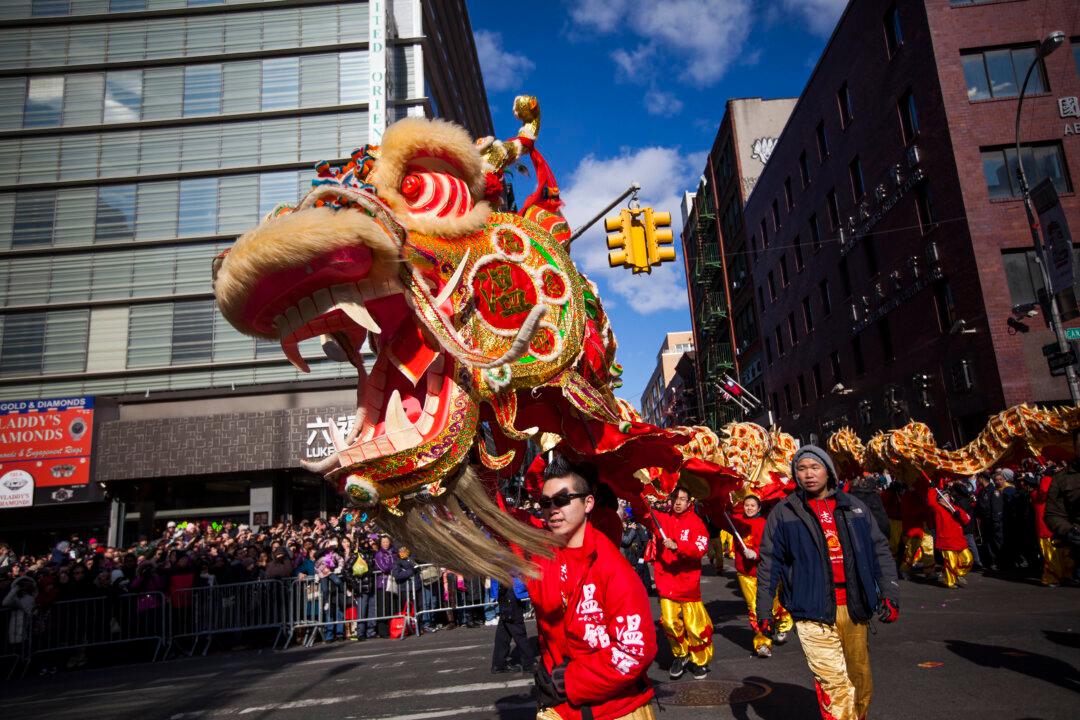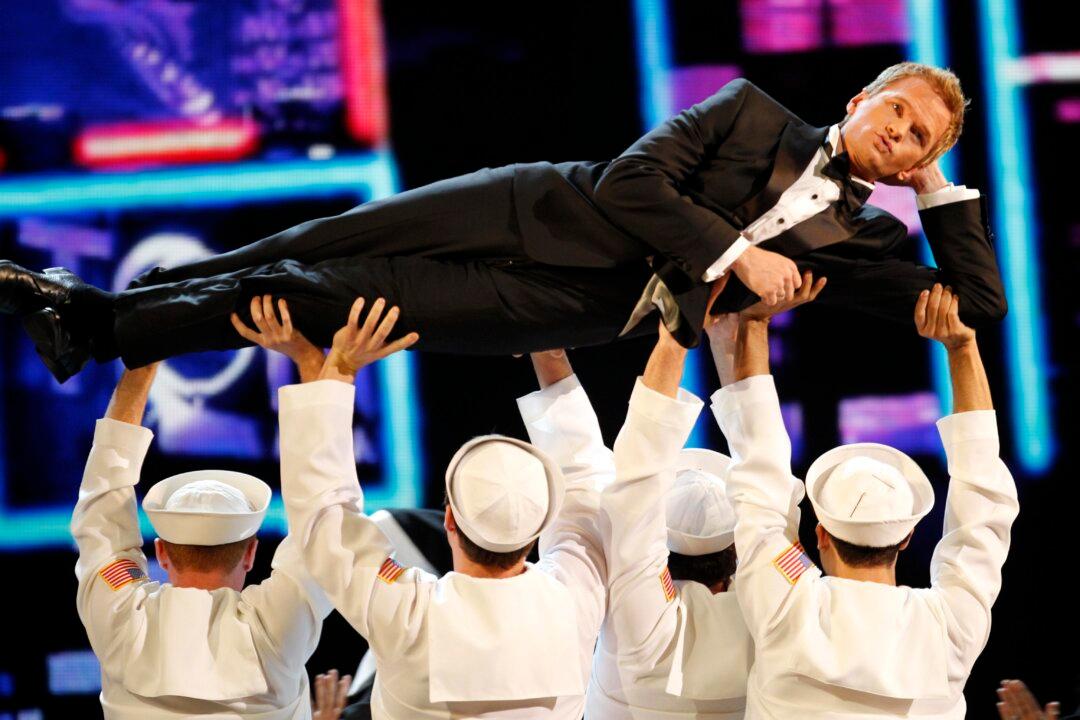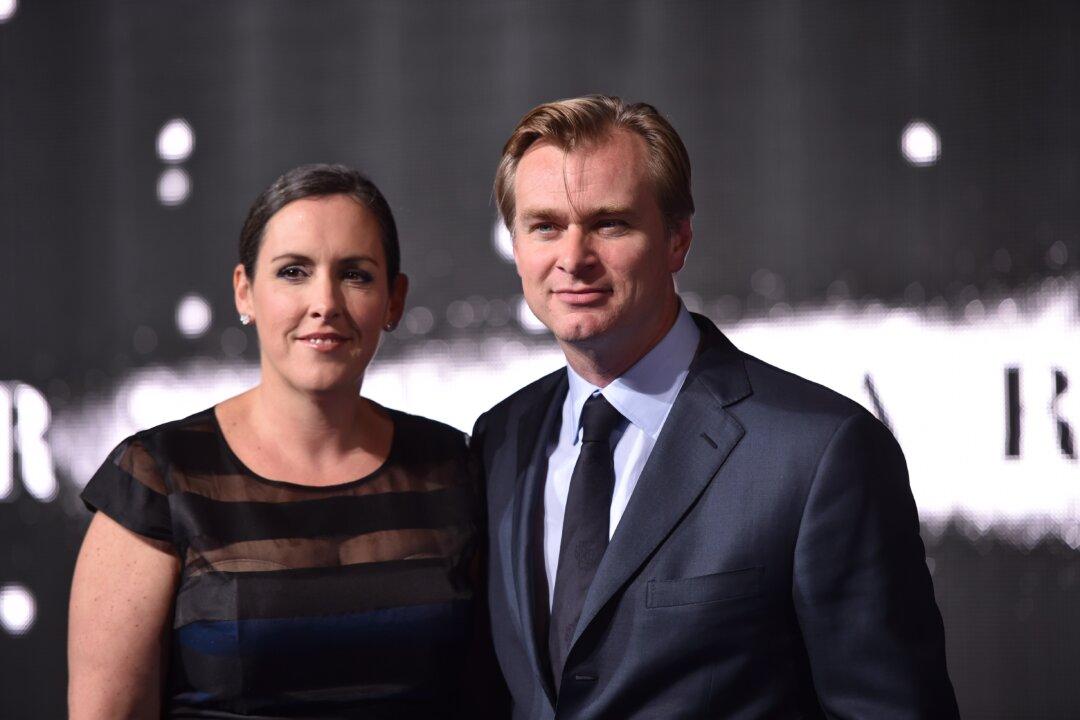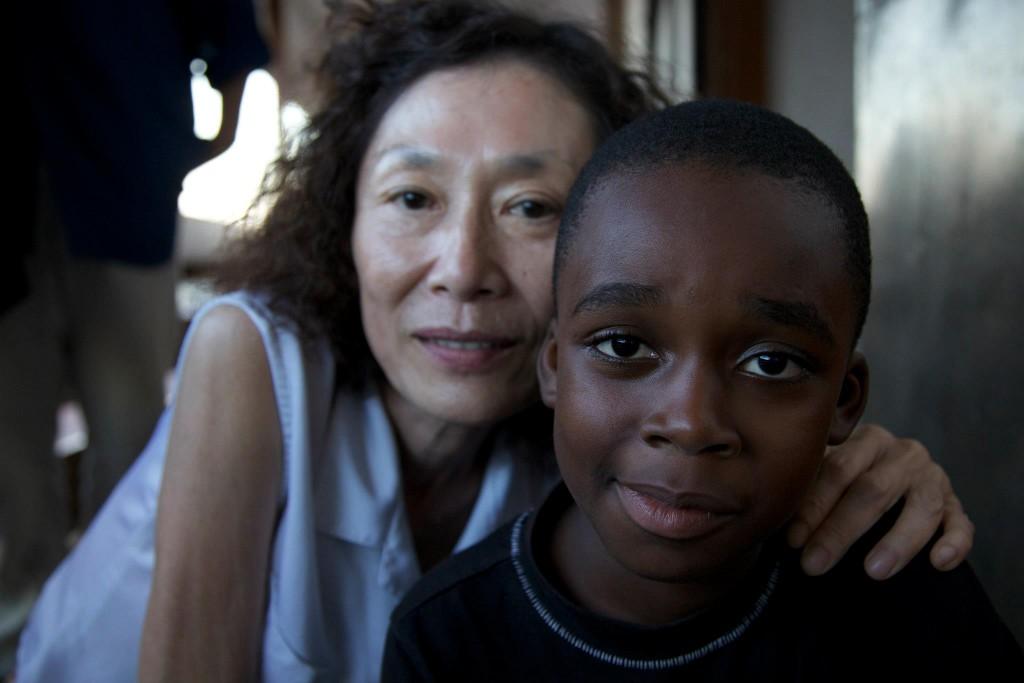NEW YORK—The majority of Westerners would probably say that the Lunar New Year is the Eastern equivalent of the first day of the year. But legend has it that on this day, a battle between good and evil transpired, a tale that carries traditions and culture to this day.
According to legend, over 17 centuries ago, during the Yin-Shang Dynasty, an evil monster lived in the depths of the Yellow River. Every New Year’s Eve, at midnight, the monster would come out onto the land and wreak havoc in the village by eating the people and their livestock.
But one day an old beggar showed up in the village and decided to get rid of the monster. After all the villagers fled to the mountain, he put up a red poster on the door, lit some candles, and when the monster approached his dwelling he set off firecrackers, scarring the monster abruptly.
The monster fled. When the villagers returned and found their homes untouched, they rejoiced and marked the day as a time for a new beginning.
From that day forth they celebrated the Lunar New Year by dressing in their best clothes, hanging up red posters over their doors, and setting off firecrackers. They believed that gods also use firecrackers to get rid of evil in the heavens.
It’s legends like this that remain the cornerstone of cultural reference for Asian families who raise their children in America. For Jianfen Zhou, and her husband Jianda Yuan, raising two girls in their culturally diverse neighborhood of Forest Hills has been rewarding and challenging.






